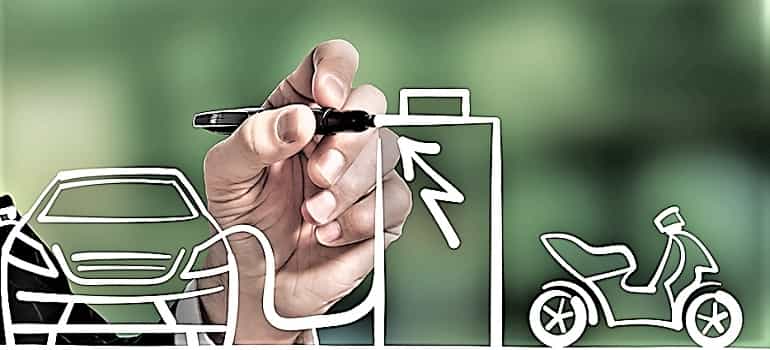Homegrown EV provider launches 200-vehicle fleet in Rajasthan’s pink city
Magenta Mobility recently launched its operations in Jaipur, Rajasthan, aiming to deploy 200 electric vehicles (EVs) initially, scaling to 300 by December 2024. This expansion aligns with their mission to decarbonize India’s logistics sector.
Jaipur’s growing demand for electric fleets and focus on sustainable transportation make it an ideal location. The company plans to establish a hub-and-spoke depot with 100 EV parking spaces and in-house developed chargers. Over 200 local Delivery Executives will be hired to support operations, ensuring efficient and sustainable deliveries for clients like Flipkart and Dmart.
“Our entry into Jaipur marks a pivotal moment in transforming urban logistics through electric mobility,” said Mr. Maxson Lewis, Founder and CEO of Magenta Mobility. “Jaipur’s vibrant culture and growing economy present an ideal backdrop for our EV fleet initiative.”
However, Lewis’s recent purchase of a high-emission petrol motorbike has sparked controversy. While Magenta boasts over 2500 EVs in 18 cities, facilitating over 1 lakh daily deliveries and offsetting significant carbon emissions, Lewis’s personal choice contradicts the company’s mission.
Experts cite potential setbacks for EV growth in India due to Lewis’s action:
- Lack of Consistency: As a prominent figure, Lewis’s petrol bike purchase sends a mixed message, undermining his advocacy for EVs.
- Public Perception: This decision could negatively influence public perception of EV practicality, discouraging potential buyers.
- Missed Opportunity: Lewis could have used his LinkedIn platform to highlight EV market limitations and urge manufacturers and policymakers to address them.
While Lewis may have had specific needs not met by current EVs, his choice raises concerns about the commitment of key figures within the EV industry.
Magenta Mobility’s expansion into Jaipur demonstrates their commitment to sustainable logistics. Still, questions remain regarding the alignment between the company’s mission and the actions of its leadership.
Consumer trust and public perception are crucial for successful EV adoption. Moving forward, a unified approach from both industry leaders and consumers is vital for India’s transition to electric mobility.


